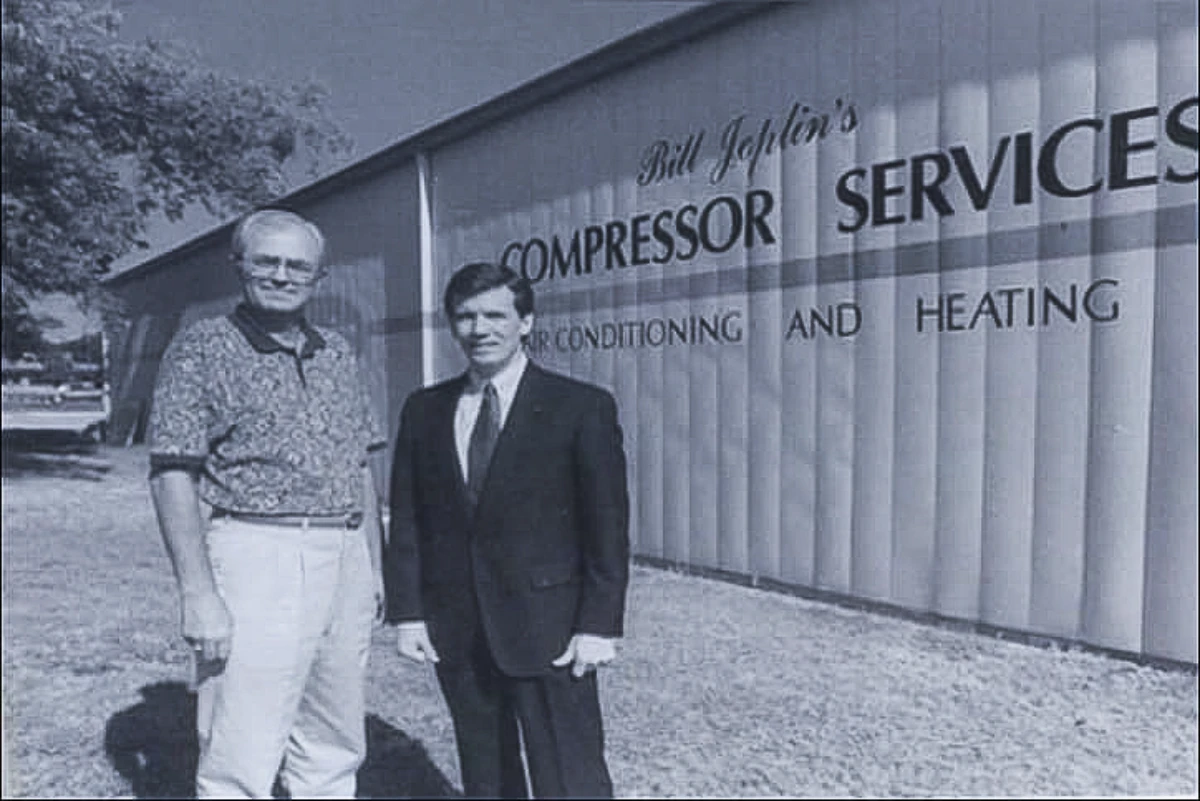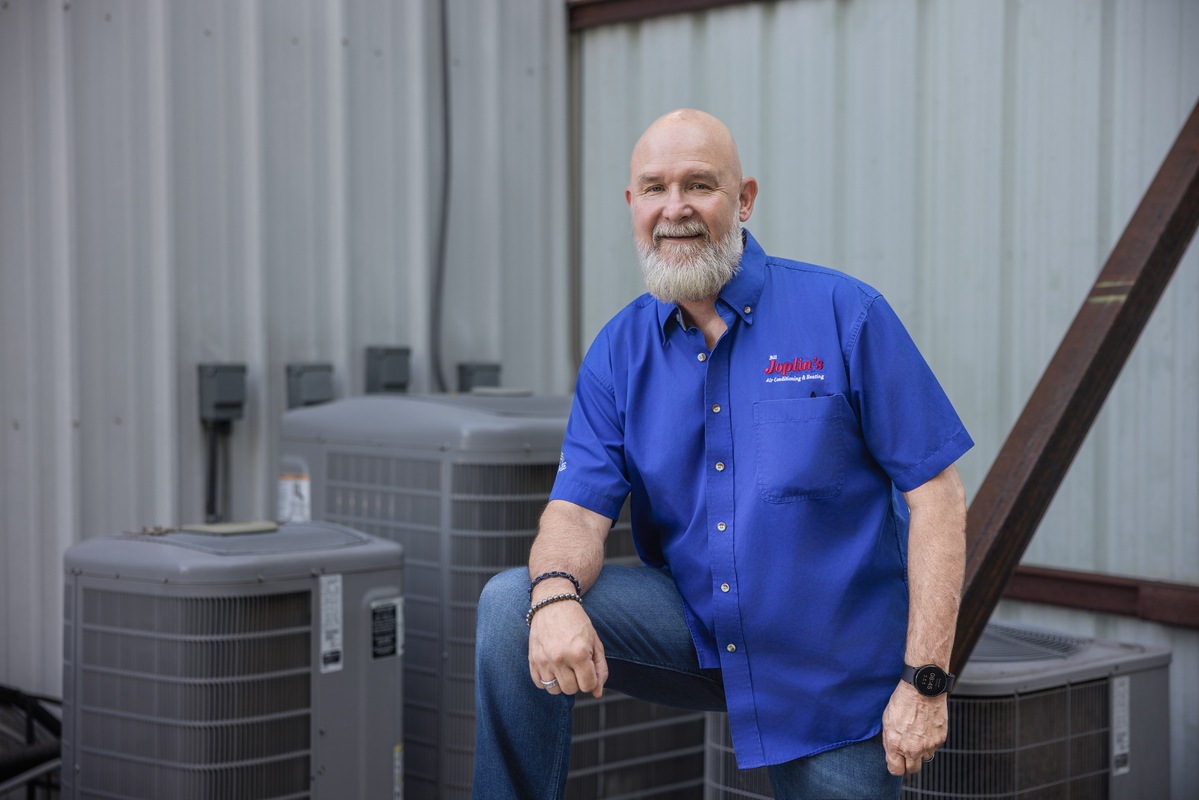Until relatively recently, one of the main decisions homeowners had to make when buying a new heating system was which to buy, a combustion furnace or an electric heat pump. Nowadays, though, you can have the best of both worlds with a hybrid heating system. Also called a dual-fuel heat pump, a hybrid system combines the best attributes of air-source heat pumps and natural gas furnaces. In order to understand how a hybrid heating system works, it’s important to know the basics of each system it combines. We’ll start with the gas furnace.
Combustion Furnaces
Natural gas is the most common fuel used in furnaces today, though many homeowners continue to use fuel oil or propane. Natural gas, however, is the least expensive fuel source. Fuel-burning furnaces are straightforward devices. A pilot light or electronic ignition ignites combustible fuel emerging from a burner, which then super-heats air in a heat exchanger. The heated air is blown by a fan through ductwork where it’s delivered to every room in the home. Exhaust pipes connected to a flue or fireplace safely remove combustion gases from the home.
The main advantage of a natural gas furnace is that the fuel is so cheap. This is especially the case in recent years, as a result of ramped-up domestic oil and gas development. A gas furnace can quickly and comfortably heat up a home. The disadvantage of a gas furnace is that it can’t achieve a heating efficiency (measured as Annualized Fuel Utilization Efficiency – AFUE) of more than 100 percent, which an air-source heat pump can deliver. Combustion furnaces also run a higher risk of fire and carbon-monoxide poisoning, so regular maintenance is essential.
Air-Source Heat Pump
This is the most common type of heat pump. It operates very much like a central air conditioner, using the unique heat-exchange properties of refrigerant to remove heat energy from one place and transfer it to another. The big difference between an air-source heat pump and an A/C is that heat pump operation can be reversed so heat is extracted from the outside air and brought inside, for highly efficient home heating.
Heat pumps resemble common central A/Cs in that both utilize a split system, with an inside air handler that has a heat-exchange coil, and a compressor unit outside, also containing a coil. In an A/C, the evaporator coil is inside and condensing coil outside, though these terms are interchangeable with heat pump coils, since their function changes depending on whether they’re heating or cooling.
While many Southern homes use heat pumps for both heating and cooling, these systems do lose the ability to provide comfortable, dependable heating when temperatures drop below freezing, a common occurrence in North Texas. This is why air-source heat pumps usually are equipped with an auxiliary heating system (also called emergency, backup or supplemental heat), in the form of an electric resistance coil. It picks up the slack during cold weather, though this backup heat is relatively expensive since it lacks the high efficiency of the regular heat pump process. This is where hybrid heating systems enter the conversation.
Hybrid or Dual-Fuel Systems
Increasingly, homeowners are hedging their bets by investing in heating systems that combine an air-source heat pump with a combustion furnace. The furnace kicks in when outside temperatures drop to a point where the heat pump no longer can extract enough heat from the outside air to heat your home comfortably. The gas furnace is a much cheaper form of auxiliary heat than the electric-resistance element that’s found in most heat pumps.
Many of these dual-fuel or hybrid systems allow the homeowner to manually switch between the heat pump and furnace. This way, when natural gas prices are low, you may be able to save money using the furnace even when temperatures are mild.
For more information on the pluses and minuses of heating with furnaces, heat pumps, or a combination of the two, please contact us at Bill Joplin’s Air Conditioning & Heating, serving McKinney, Allen, Frisco and other North Texas communities


